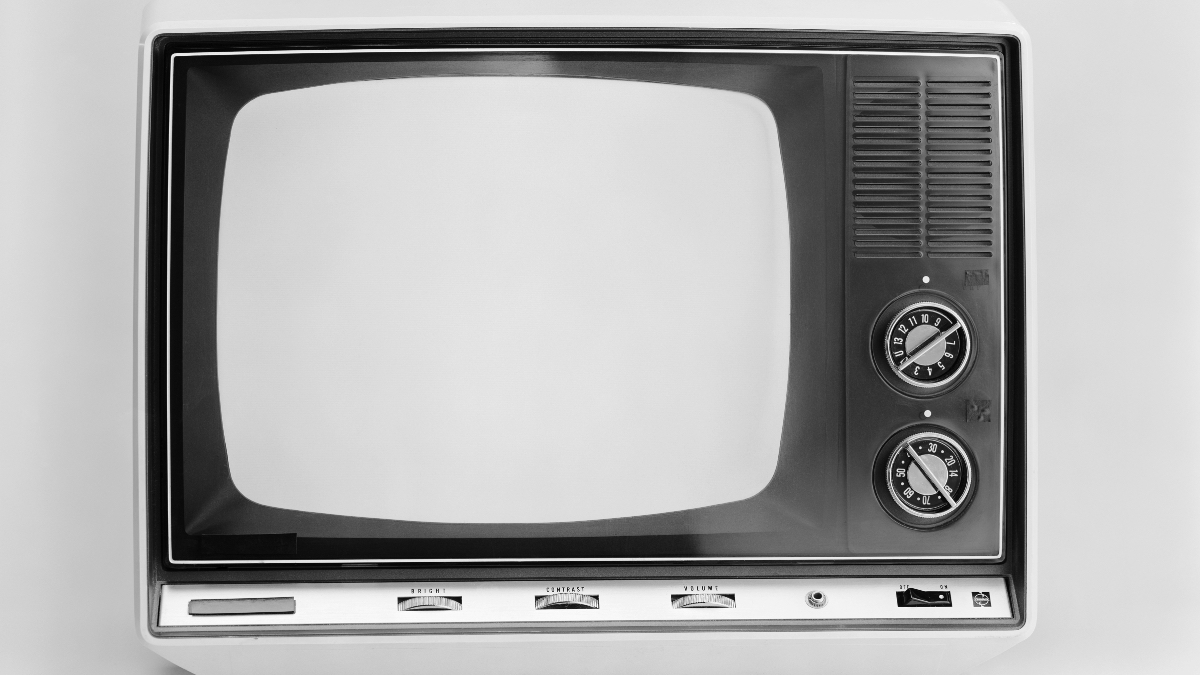Many people consider the first televised debate between John F. Kennedy and Richard Nixon in 1960 to be the first ever U.S. presidential debate. However, historians have argued that the first televised presidential debate actually happened four years before, although featuring surrogates for the candidates.
Democratic candidate and former Illinois Governor Adlai Stevenson and Republican President Dwight Eisenhower didn’t appear in the debate on Nov. 4, 1956. Instead, former First Lady Eleanor Roosevelt represented the Democrats, while Maine Senator Margaret Chase Smith represented the Republicans.
The debate was broadcast by CBS on Face the Nation. It took place two days prior to the actual elections and the main topic discussed was foreign policy. Republican President Dwight Eisenhower along with his incumbent Vice President, Richard Nixon, emerged victorious at the debate and overall elections.
First presidential debate between candidates
The first general election presidential debate between the actual candidates in the United States was held on September 26, 1960, between Senator John F. Kennedy, the Democratic nominee, and Vice President Richard Nixon, the Republican nominee.
The debate was held at CBS’s WBBM-TV in Chicago and was moderated by Howard K. Smith, with a panel composed of Sander Vanocur of NBC News, Charles Warren of Mutual News, Stuart Novins of CBS, and Bob Fleming of ABC News.
At the outset, Nixon was considered to have the upper hand due to his knowledge of foreign policy and proficiency in radio debates. However, because of his unfamiliarity with the new format of televised debates, factors such as his underweight and pale appearance, his suit color blending in with the debate set background, and his refusal to use television makeup resulting in a five o’clock shadow, led to his defeat.
Many observers have regarded Kennedy’s win over Nixon in the first debate as a turning point in the election. After the first debate, polls showed Kennedy moving from a slight deficit into a slight lead over Nixon.
Three more debates were subsequently held between the candidates:
- October 7 at the WRC-TV NBC studio in Washington, D.C.
- October 13, with Nixon at the ABC studio in Los Angeles and Kennedy at the ABC studio in New York City
- October 21 at the ABC studio in New York
Nixon regained his lost weight, wore television makeup, and appeared more forceful than in his initial appearance, winning the second and third debates while the fourth was a draw. However, the viewership numbers of these subsequent events did not match the high set by the first debate and ultimately did not help Nixon as he lost the election.
Importance of the presidential debates
The importance of the debate was evident in the fact that 66 million viewers tuned in, making it one of the most-watched broadcasts in U.S. television history at the time. The debates continue to be an essential part of the election process, with the 1980 debates drawing 80 million viewers and the 2016 debate between Donald Trump and Hillary Clinton setting a record with over 84 million viewers.
In recent years, the debates have continued to evolve, with changes in format and the inclusion of new technologies. The 2024 presidential election is no exception, with the first debate between Joe Biden and Donald Trump taking place in Atlanta, Georgia, on June 26, 2024. The debate was hosted by CNN anchors Jake Tapper and Dana Bash and lasted 90 minutes, with two commercial breaks. The candidates appeared behind podiums, and their microphones were muted unless it was their turn to speak. No props or pre-written notes were allowed on stage, but candidates were given a pen, a pad of paper, and a bottle of water. The debate was held without an audience to maximize the time allotted for the candidates to speak.

